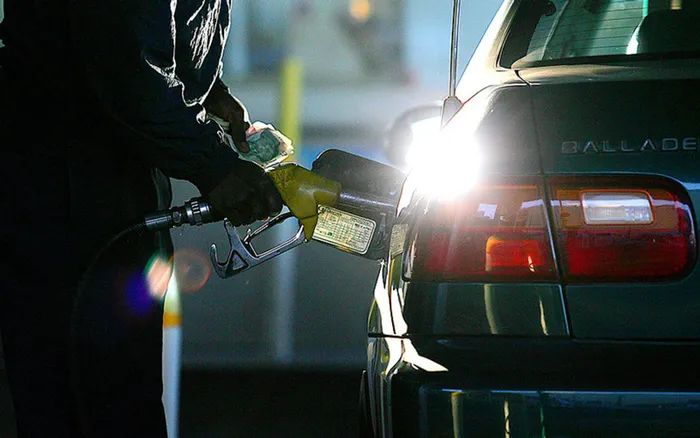Economic recovery key to warding off junk

File picture: Steve Lawrence / Independent Media. File picture: Steve Lawrence / Independent Media.
Johannesburg - South
Africa’s chances of repeating its escape from a junk credit rating in 2017 are
in the balance as focus intensifies on tepid economic growth and simmering
political tensions.
S&P Global Ratings
kept its assessment of the nation’s foreign-currency debt at BBB-, one level
above non-investment grade, with a negative outlook on December 2, while
cutting the local-currency rating by a step to BBB. S&P’s affirmation
follows that of Fitch Ratings Ltd. a week earlier, which also left South
Africa’s foreign-currency assessment at one level above junk, while Moody’s
Investors Service’s rating is one step higher. The reprieve may be short-lived
if the government doesn’t take steps to accelerate economic growth, according
to Piotr Matys, an emerging-market currency strategist at Rabobank in London.
“Comments from S&P
imply that it is absolutely crucial for South Africa to accelerate the pace of
implementing structural reforms to avoid a downgrade in the coming months,”
Matys said in an e-mailed response to questions. Prolonged political
“infighting may delay an implementation of reforms, which would increase the
odds that S&P may downgrade South Africa to junk,” he said.
Political turmoil in
Africa’s most-industrialized economy, including an investigation into Finance
Minister Pravin Gordhan, has overshadowed the state’s efforts to boost investor
and business confidence, such as recent proposals to stabilize the labor
market. The slowest output growth this year since a 2009 recession will
complicate Gordhan’s pledge to narrow the budget deficit to 2.5 percent of
gross domestic product by 2020, from a projected 3.4 percent this year, and to
limit government debt.
‘Piecemeal delivery’
S&P said political
events have distracted from growth-enhancing reforms and slow output growth
continues to affect the nation’s fiscal performance and overall debt levels,
and is a ratings weakness. While the government has identified important
reforms and supply bottlenecks in the economy, “delivery has been piecemeal,”
the company said.
S&P gave South Africa
the benefit of the doubt, Peter Attard Montalto, a London-based economist at
Nomura International, in an e-mailed note.
Read also: S&P holds South Africa's rating, downgrades debt
“This can’t continue
forever and the downgrade of the local-currency rating is a crystallised view
of increasing risk in the eyes of S&P” from politics, the poor growth
outlook and the slow implementation of reforms, he said.
Gordhan, 67, has been
leading efforts to avoid a downgrade to junk with meetings between the
government, business and labour and by talking to foreign investors. However, a
standoff between him and President Jacob Zuma over control of the Treasury and
state-owned companies, delays in passing new mining and anti-money laundering
laws and a failed attempt by senior African National Congress officials last
week to oust Zuma have fuelled perceptions of political turmoil and policy
uncertainty.
Short celebration
The National Treasury
recognizes what needs to be done and is committed to implement the reforms
needed, it said in a statement after S&P’s announcement.
“We can celebrate for a
few hours, come Monday we must roll up our sleeves and get down to work and do
what is necessary to make sure that come six months’ time we will not be
panicking,” Lungisa Fuzile, the head of the Treasury, said by phone on December
2.
The economy will probably
expand 0.4 percent this year and 1.2 percent in 2017, according to the central
bank. That’s not enough to reduce the nation’s 27 percent unemployment rate,
Governor Lesetja Kganyago said on Nov. 30.
“The risk is still
significant that we may see sub-investment grade on the foreign currency
sometime during next year,” Ettienne le Roux, chief economist at FirstRand’s
Rand Merchant Bank in Johannesburg, said by phone. “The key issue is the lack
of GDP growth.”
BLOOMBERG